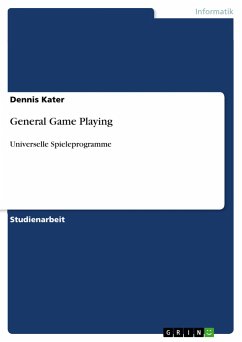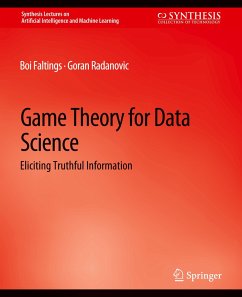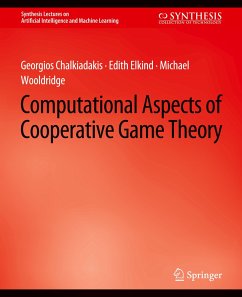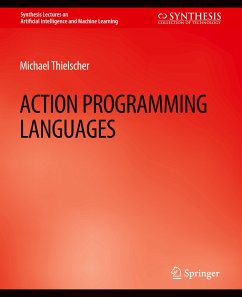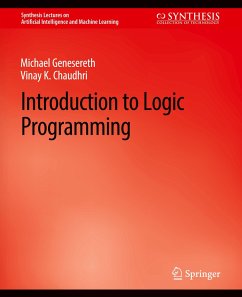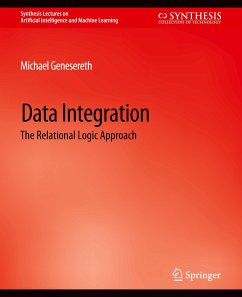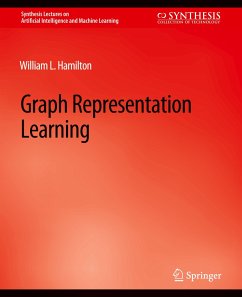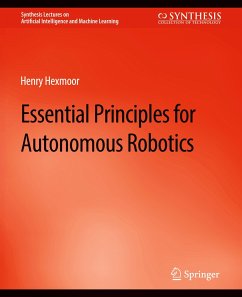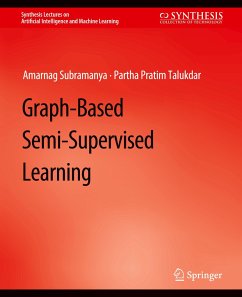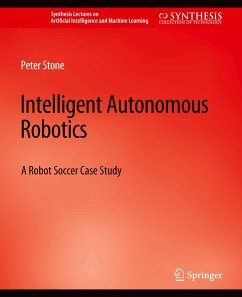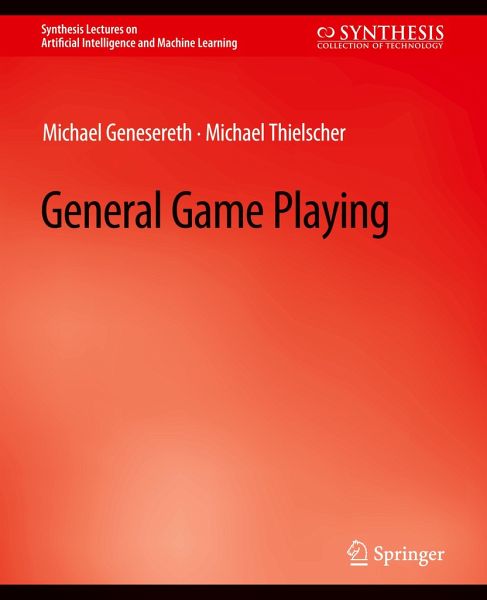
General Game Playing

PAYBACK Punkte
0 °P sammeln!
General game players are computer systems able to play strategy games based solely on formal game descriptions supplied at "runtime" (n other words, they don't know the rules until the game starts). Unlike specialized game players, such as Deep Blue, general game players cannot rely on algorithms designed in advance for specific games; they must discover such algorithms themselves. General game playing expertise depends on intelligence on the part of the game player and not just intelligence of the programmer of the game player. GGP is an interesting application in its own right. It is intelle...
General game players are computer systems able to play strategy games based solely on formal game descriptions supplied at "runtime" (n other words, they don't know the rules until the game starts). Unlike specialized game players, such as Deep Blue, general game players cannot rely on algorithms designed in advance for specific games; they must discover such algorithms themselves. General game playing expertise depends on intelligence on the part of the game player and not just intelligence of the programmer of the game player. GGP is an interesting application in its own right. It is intellectually engaging and more than a little fun. But it is much more than that. It provides a theoretical framework for modeling discrete dynamic systems and defining rationality in a way that takes into account problem representation and complexities like incompleteness of information and resource bounds. It has practical applications in areas where these features are important, e.g., in business andlaw. More fundamentally, it raises questions about the nature of intelligence and serves as a laboratory in which to evaluate competing approaches to artificial intelligence. This book is an elementary introduction to General Game Playing (GGP). (1) It presents the theory of General Game Playing and leading GGP technologies. (2) It shows how to create GGP programs capable of competing against other programs and humans. (3) It offers a glimpse of some of the real-world applications of General Game Playing.



